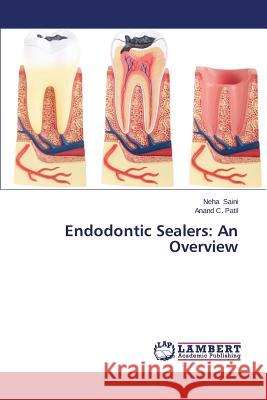topmenu
Wyniki wyszukiwania:
wyszukanych pozycji: 2
 |
Handbook of Disruptive Technologies: Operations, Business, Management, and Healthcare
ISBN: 9781032699875 / Angielski Termin realizacji zamówienia: ok. 16-18 dni roboczych. |
cena:
586,53 |
 |
Endodontic Sealers: An Overview
ISBN: 9783659578755 / Angielski / Miękka / 2014 / 192 str. Termin realizacji zamówienia: ok. 10-14 dni roboczych. The endodontic triad; consisting of biomechanical preparation, microbial control and complete obturation of the canal space; remains the basis of endodontic therapy. Complete obturation of pulp space as efficiently and three dimensionally as possible is considered to be an important part of root canal treatment. Endodontic literature reports the need to seal the root canal in a hermetic way i.e. the canal system should be sealed apically, coronally and laterally. Leonardo and Leal (1991) affirmed that to seal a root canal means to fill it in all its extension with an inert, antiseptic...
The endodontic triad; consisting of biomechanical preparation, microbial control and complete obturation of the canal space; remains the basis of endo...
|
cena:
321,60 |










